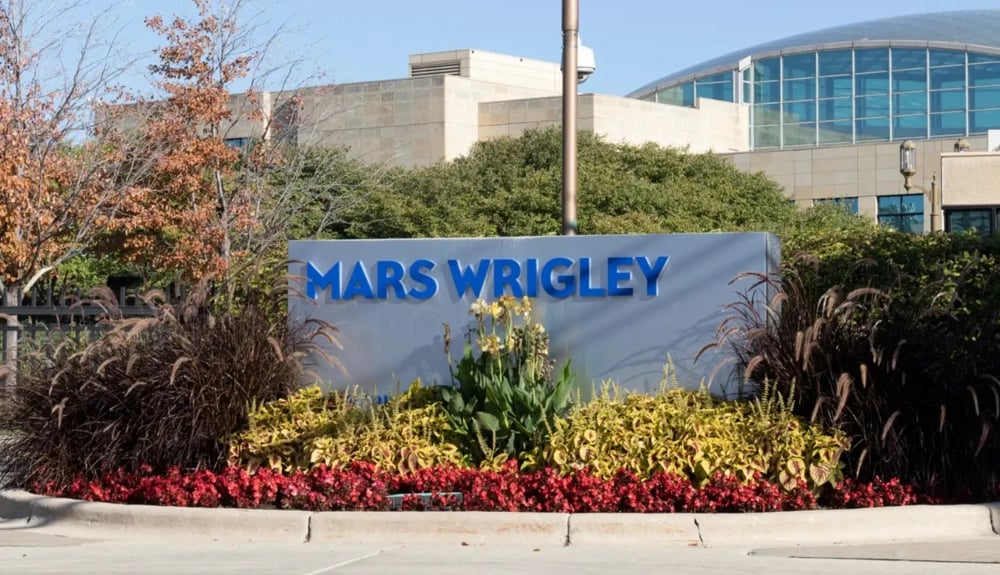Twix Ad Banned in the UK for Promoting Unsafe Driving
The UK Advertising Standards Authority (ASA) has prohibited a recent Twix television commercial, citing concerns over the promotion of reckless driving behavior. The decision follows five formal complaints from viewers who argued that the ad glamorized high-speed chases and road collisions, portraying them as humorous and consequence-free. The advertisement, produced by Mars-Wrigley, depicted a man with disheveled hair engaging in a cinematic car pursuit. The sequence culminated in a stylized crash between two identical vehicles in a composition mirroring the iconic twin-bar layout of a Twix chocolate bar.
While Mars-Wrigley and Clearcast — the pre-clearance body for UK commercial broadcasting — defended the ad as deliberately absurd and unrealistic, the ASA concluded that its content was irresponsible and violated standards of safe behavior portrayal in media.
Arguments and Industry Response
Mars-Wrigley insisted the spot was crafted in a surreal, exaggerated style that bore no resemblance to real-world scenarios. Clearcast reinforced this view, labeling the campaign “fantastical” and emphasizing its “cinematic framing”. However, the ASA determined that the visual elements were sufficiently realistic to pose potential risk in terms of public perception, particularly among younger or impressionable audiences.
The watchdog emphasized that entertainment value does not exempt advertisers from accountability when depictions may encourage unsafe conduct on public roads.

Elements Cited in the Ban Decision
ASA’s review highlighted several components that influenced its ruling:
Realistic vehicular action, including high-speed pursuit and crash sequences;
Absence of any consequences, penalties, or injuries following the dangerous behavior;
Lack of disclaimers or visual cues indicating fictionalized or closed-environment filming;
Positioning of the scene as comedic, which may normalize or trivialize risky behavior;
Stylized visuals that blended fiction with real-world car models and locations.
These elements collectively contributed to the ad being viewed as glamorizing reckless driving in a manner that breached UK advertising codes.
Commercial Risk for Mars-Wrigley
Though not directly tied to financial markets, regulatory decisions such as this highlight growing scrutiny over corporate responsibility in brand communication. For Mars-Wrigley, a subsidiary of privately held Mars, Inc., the backlash may not carry immediate financial implications, but it could erode consumer goodwill in jurisdictions with strong standards for ethical marketing.
In a saturated global confectionery market, brand trust and reputation are increasingly critical differentiators. Regulatory censure, even in non-core product communications, presents a reputational liability, particularly as consumer advocacy around advertising ethics continues to expand.

Industry-Wide Implications
The ban adds to a growing pattern of tighter content governance in food and beverage advertising, particularly in cases involving humor, stylization, or abstraction that intersect with public safety themes. While cinematic storytelling remains a staple of brand campaigns, the decision reinforces that form does not outweigh social responsibility in regulatory evaluation.
In this context, advertisers may need to reevaluate creative boundaries — especially when real-world risk behaviors such as aggressive driving, alcohol use, or unsafe conduct are depicted, even through a satirical or exaggerated lens.















Comments
It’s interesting how even a cinematic chase can hit a roadblock when safety becomes the headline.